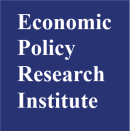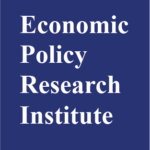Training Programme Intake for 2nd cohort 2024-2025 (Kenya and South Africa)
Grape application brochure
DEADLINE : Extended to 18th February 2024
The magnitude and intricacy of the inequitable economic system, coupled with the escalating climate breakdown, necessitate a paradigm shift. The church must transition into proactive agents fostering decisive and tangible change.
The GRAPE initiative endeavours to tackle the root causes of these challenges, leveraging the distinctive position of the church as a local force and a participant in regional and global communion. GRAPE is committed to exploring every avenue, leaving no stone unturned, to discover innovative and transformative methods of engagement, aspiring to be prophetic witnesses for positive change.
Under the GRAPE programme, local WCRC churches are establishing an inclusive platform that bridges ecumenical, interfaith, and civil society realms to participate in an advocacy campaign. The African Communion of Reformed Churches has already initiated this process in two countries, Kenya and South Africa, in 2022.
The root cause – the unjust economic system (Accra 2004)
Economic injustice stands as a fundamental cause of human suffering, posing a direct threat to the very existence of our collective humanity.
The interplay of racial, gender, and class inequalities, compounded by climate injustice, functions as the driving force behind a system that compels millions to endure lives marked by poverty and precarious conditions.
The prevailing system further intensifies ecological destruction, deepening the challenges that threaten the well- being of both people and the planet.
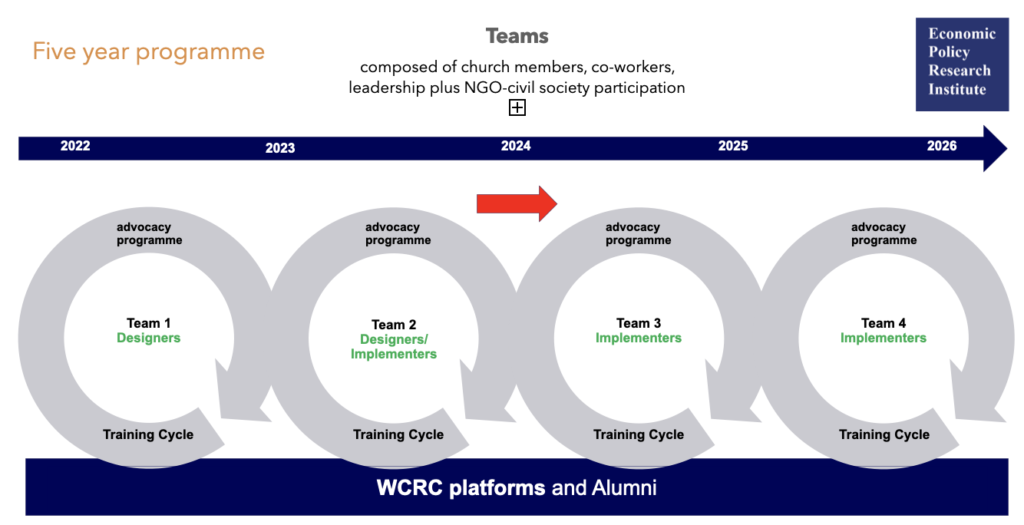
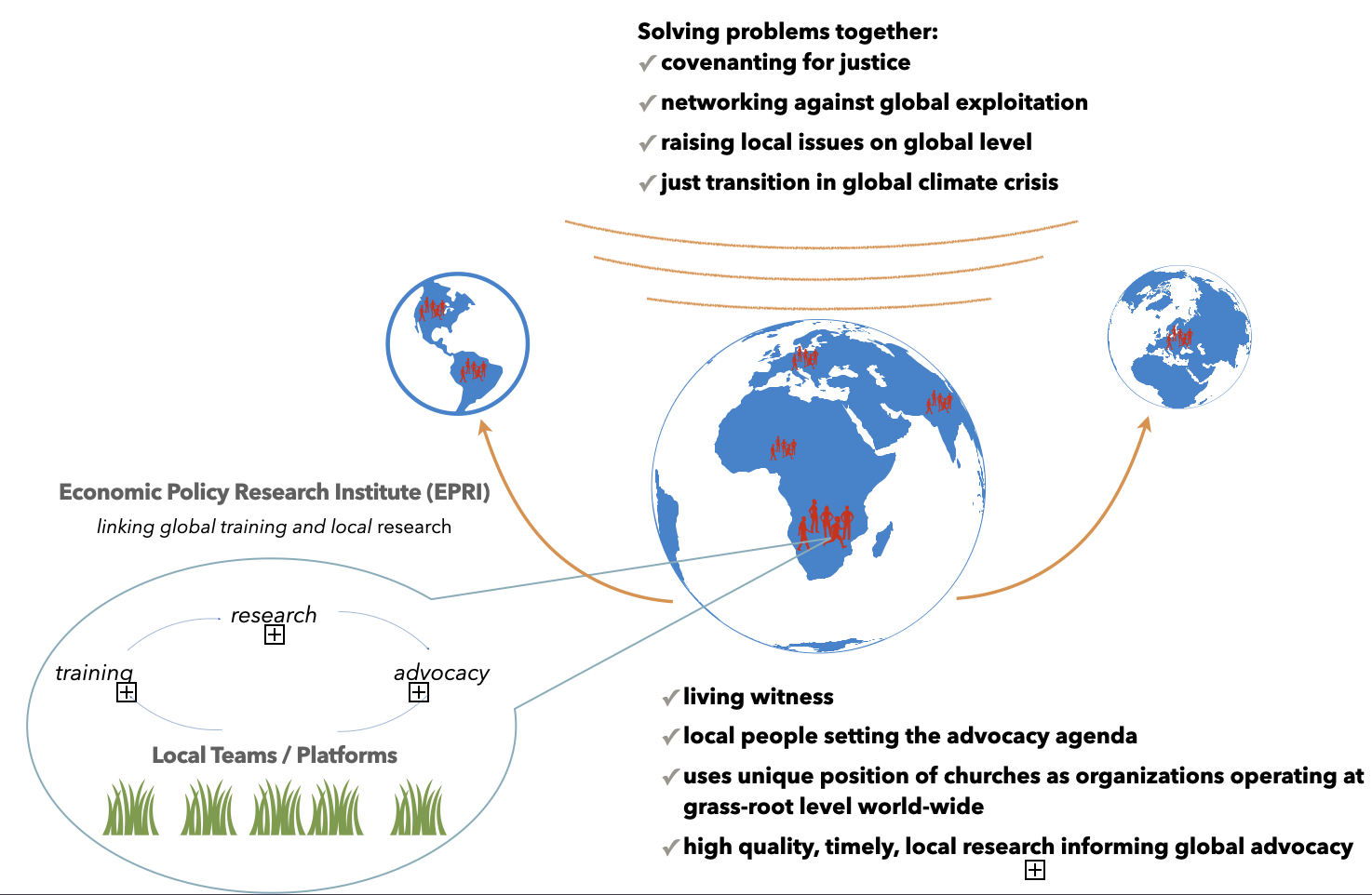
Grape Campaigns in Kenya and South Africa
The GRAPE programme started in Kenya and South Africa, where a dedicated team of five individuals underwent training to design an advocacy campaign.
This designer cohort will pass the reins of the campaign to the second cohort in the initial six months of 2024 for continued implementation.
The second cohort undergoes an 18-month training and support regimen through a mix of in-person, hybrid, and online workshops and meetings.
During that time, they will work with the national Grape platforms to advocate for the campaigns.
Kenya
In response to the severe drought and critical water scarcity arising from the climate crisis, the Grape team has chosen to advocate for the universal right to water.
The campaign aims to secure, by 2028, access to 50 liters of clean drinking water for every individual in Kenya or equivalent cash compensation.
Besides the national advocacy campaign, there is a compelling argument for the country to receive financial support from global climate justice, adaptation, and mitigation programmes, since Kenya has not been a key driver in terms of the climate crisis.
Achieving a just transition can play a pivotal role in realizing the campaign’s goal.
South Africa
Faced with the triple challenge of extreme income inequality, widespread poverty, and soaring unemployment rates, the Grape team has taken on the mission to advocate for a Universal Basic Income Grant (UBIG).
In collaboration with national organizations, the team lobbies for the introduction of a UBIG of at least R663 per person monthly for individuals aged 18 to 59 by 2028.
The team leverages church infrastructure to disseminate campaign information in local languages, especially in rural areas and to politically campaign for the UBIG nationwide.
The second cohort, comprised once again of five members per country team, carries forward these campaigns in their respective countries from 2024 until mid-2025, at which point the subsequent cohort assumes core responsibility.
Similar to the initial design team, all teams will continue to support the Grape programme as alumni and build the capacity of the churches.
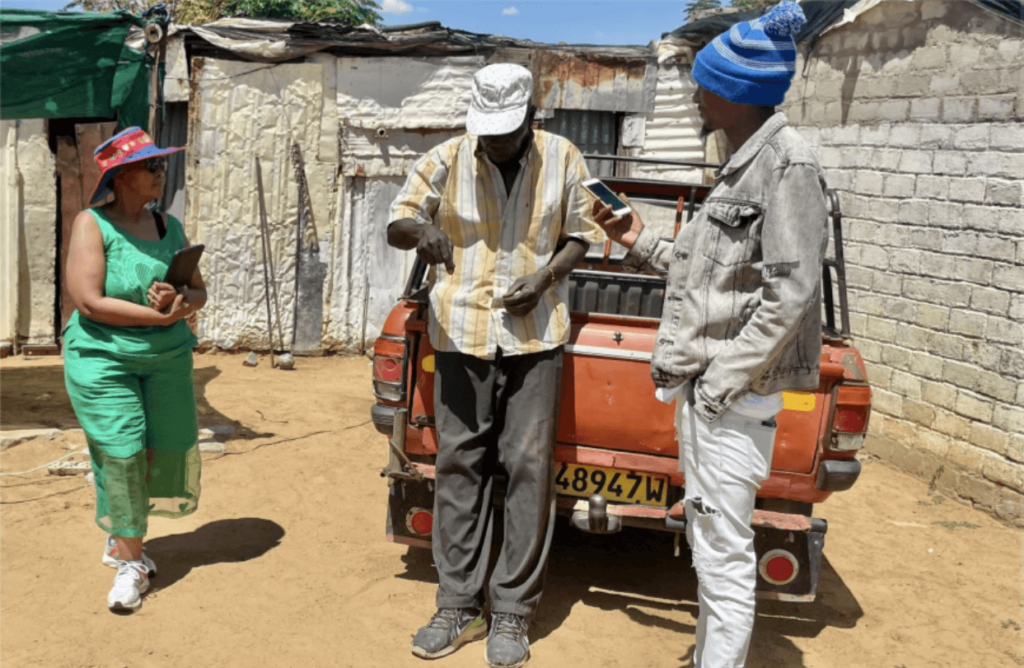
Training Programme Aim and Design
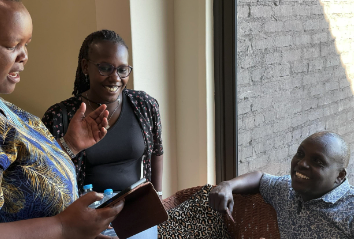
This five-year initiative commenced in December 2022 and now welcomes a new cohort of trainees and advocacy champions annually.
Each cohort undergoes an intensive 18-month training period, during which they actively advance the advocacy campaigns.
The GRAPE programme conducts local participatory research and uses robust evidence-building for impactful advocacy. Local initiatives gain global traction through the extensive WCRC worldwide network, maximizing their influence. Consecutive training courses empower teams comprising church members, NGOs, and activists on a national level, facilitating the implementation of advocacy campaigns.
In 2022/23, the designer team developed and planned the campaign, passing the baton now to the 2nd cohort for further implementation. The local Grape platforms ensure continuity and local ownership, while also connecting campaigns to global structures.
The WCRC, utilizing its unique grass-roots contacts and global network, aims to contribute to meaningful change for just and peaceful societies. EPRI provides high-level training and research support, covering four broad areas:
The 4 training modules:
- Capacity Building: Local teams receive high-level training through intensive online and in-person workshops. The courses unravel the economic and sociological conditions for inclusive social and economic transformation and conflict resolution.
- Theological Reflection: The teams will engage in biblical and contextual theological analysis as a basis for contextual engagement.
- Research and Advocacy: Facilitated through EPRI’s mentoring, the teams conduct participatory research, compile quantitative and qualitative research agendas and publish findings to enhance the advocacy work.
- Results-Based Management: The advocacy programmes aim at high-impact outcomes through iterative monitoring and learning.he
The modules include:
- Participatory research
- case studies & listening surveys
- contextual bible studies
- Qualitative and quantitative research
- Socio economic concepts
- poverty
- unemployment
- COVID impact and recovery
- Budget analysis
- budget tracking
- economic modelling
- Climate crisis
- just transition
- Documentation
- photography
- audio / video
- webpage / social media
